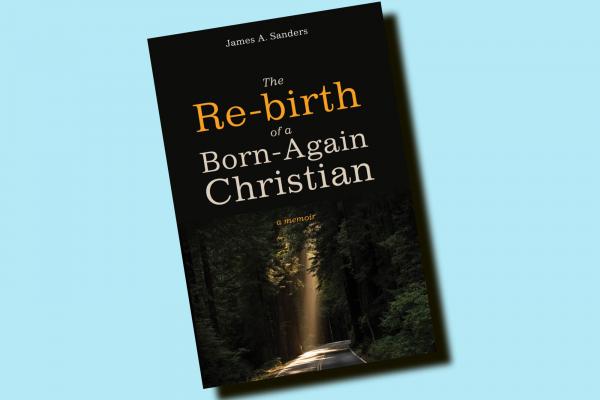JIM SANDERS IS among the most respected and influential world-class Old Testament scholars of the last (my) generation. His signature interpretive impulse is what he calls a “monotheizing process.” By this Sanders means an urge toward affirmation of and obedience to the one true God, an affirmation and obedience that issues in love of the enemy in a way that requires dialogic engagement. By the term “process” Sanders insists that “monotheizing” is a dynamic, ongoing act that never reaches closure but always invites new energy and imagination. Thus, one can find in Sanders’ work both large-hearted energy and passion.
The present book is a narrative account of his life, attentive to two important themes. It traces Sanders’ maturation as a scholar with a teaching career at Colgate Rochester Divinity School, Union Theological Seminary, and Claremont School of Theology. Sanders’ great scholarly work has been his generative contribution to textual matters, with an initial focus on the Dead Sea Scrolls and then work at the Ancient Biblical Manuscript Center in Claremont, Calif., where he was the key figure.
That scholarly maturation is matched in the narrative by an account of how Sanders has emerged as a powerful and insistent advocate for social justice. In his telling he grew up in South Memphis in a community that practiced racial apartheid with what he terms an “iron curtain” between whites and blacks, reinforced by an evangelicalism of the privatizing kind.
The turning point for Sanders was his college and seminary experience at Vanderbilt University. He has very little to say about his formal study in those degree programs. What counts in his memory is his involvement in campus Christian ministry programs where he came to understand the urgency of social ethics that forcefully summoned him beyond his initial evangelicalism. Led by good mentoring, he discerned the systemic practice of injustice that contradicted his newly aware sense of the gospel.
Read the Full Article

